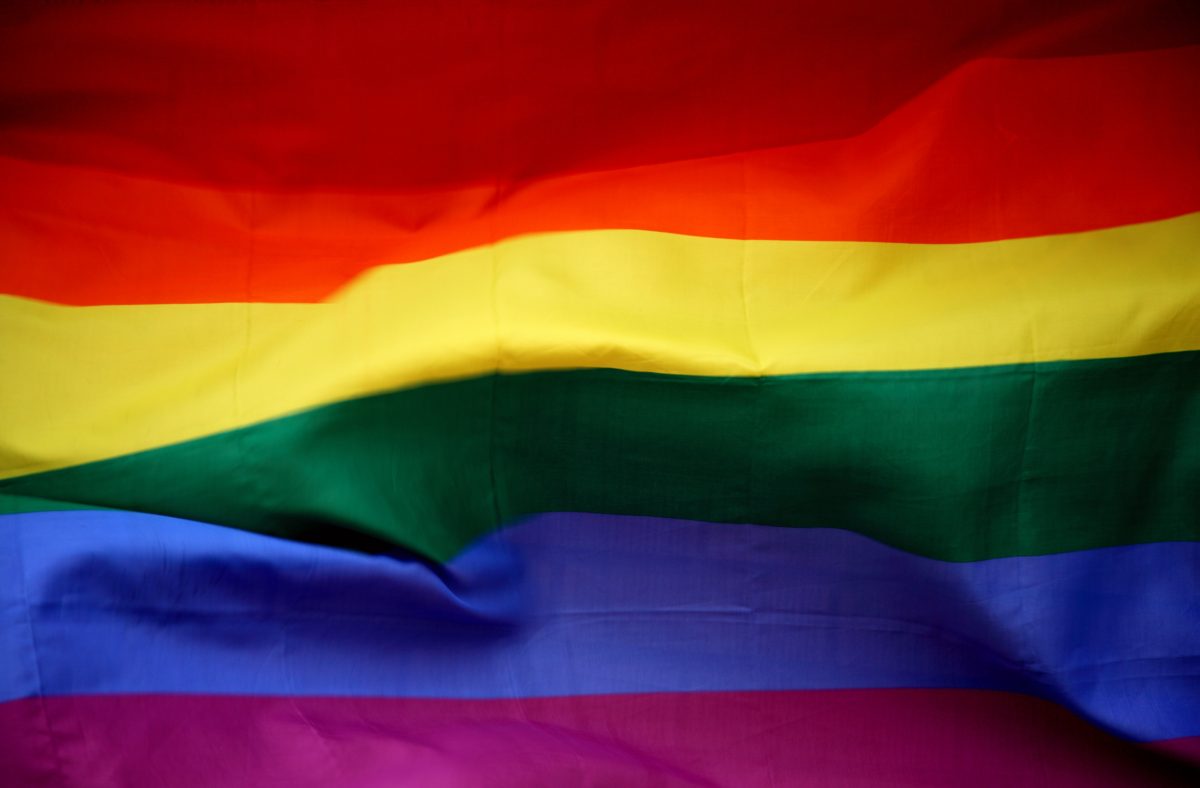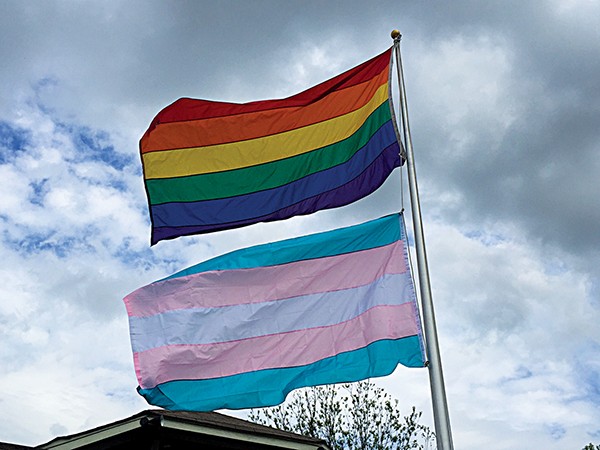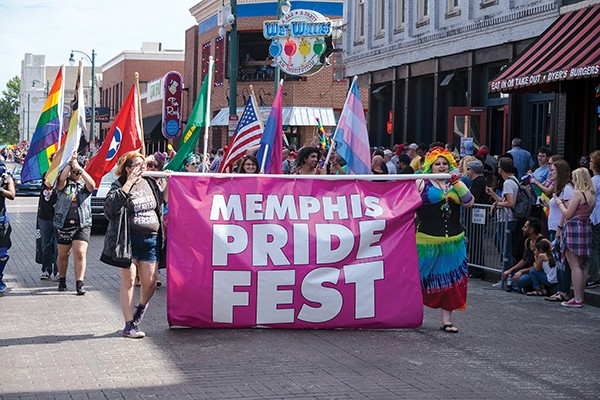A number of bills filed in the Tennessee General Assembly’s current session target the LGBTQ community at the state’s public schools.
The current session kicked off two weeks ago and is off to a slow start. Usually, lawmakers start the session in a flurry of filing bills and getting them before their appropriate committees. However, this year committee schedules have been light, likely due to the fact that lawmakers went to Nashville for three special sessions, the most in Tennessee history.
Though slow, the session is proving there’s no shortage of anti-LGBTQ sentiment among the many members of the Tennessee legislature. Here are three bills worth watching this session:
Textbook Ban
House Bill 800 by Rep. Bruce Griffey (R-Paris) — The bill would ban textbooks and instruction materials that “promote, normalize, support, or address controversial social issues, such as lesbian, gay, bi-sexual, and transgender (LGBT) lifestyles.” The bill deems these “lifestyles” as “inappropriate.”
“The promotion of LGBT issues and lifestyles in public schools offends a significant portion of students, parents, and Tennessee residents with Christian values,” reads the bill. “The promotion of LGBT issues and lifestyles should be subject to the same restrictions and limitations placed on the teaching of religion in public schools.”
This bill was filed last year but did not make it to the floors of the House or Senate.
Transgender Athletes
Senate Bill 2153 by Sen. Joey Hensley (R-Hoenwald) — The bill “prohibits males from participating in public higher education sports that are designated for females.” It also creates a process “for violations that deprive a student of an athletic opportunity or that cause direct or indirect harm to a student at the middle school, high school, or postsecondary level.”
Teachers and pronouns
House Bill 2633 by Rep. Mark Cochran (R-Engelwood) — This would allow school teachers or employees to use whatever pronouns they want for students “if the pronoun does not align with the student’s biological sex.”
It would also insulate school teachers and employees from lawsuits of being fired for “referring to a student using the pronoun aligned with the student’s biological sex instead of the student’s preferred pronoun.”
“In other words, this bill protects school personnel who discriminate against transgender and non-binary students,” said Chris Sanders, executive director of the Tennessee Equality Project. Research shows that school policies that affirm a student’s gender identity yield better health and academic outcomes.


 Blake Billings | Dreamstime.com
Blake Billings | Dreamstime.com